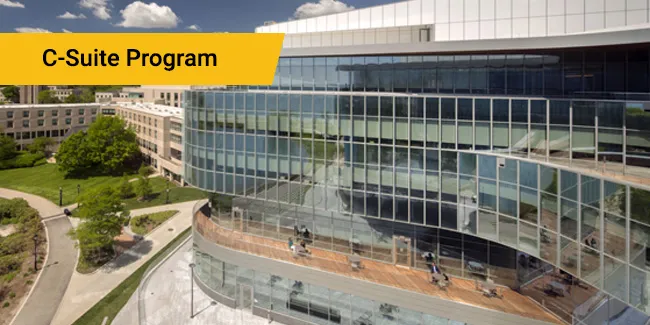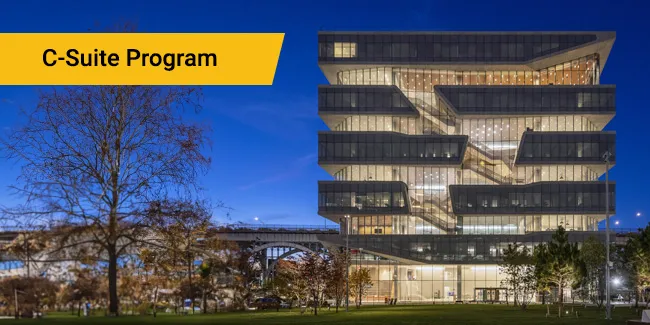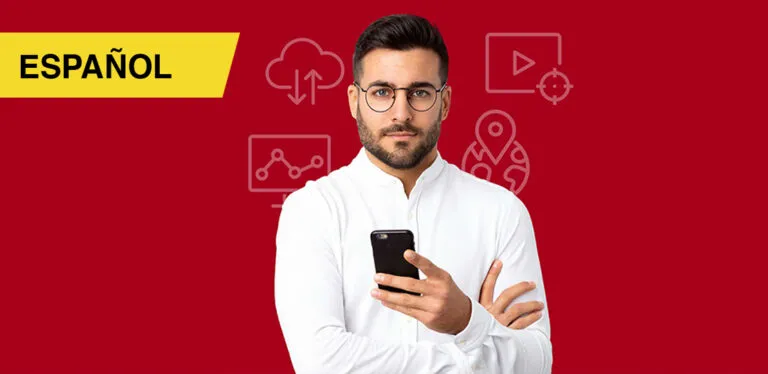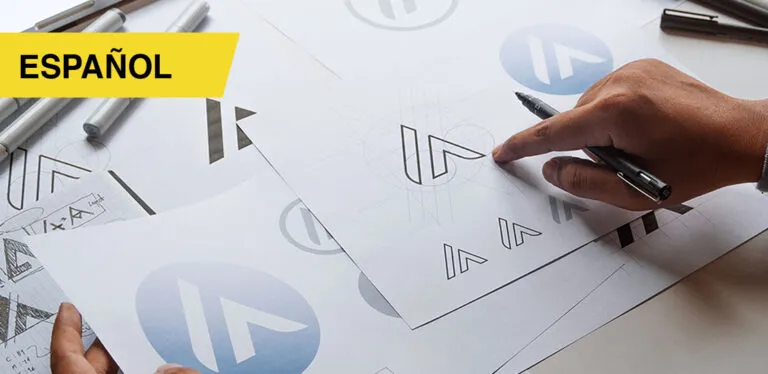What is On-Page SEO and Why is It Essential to Improve User Experience?
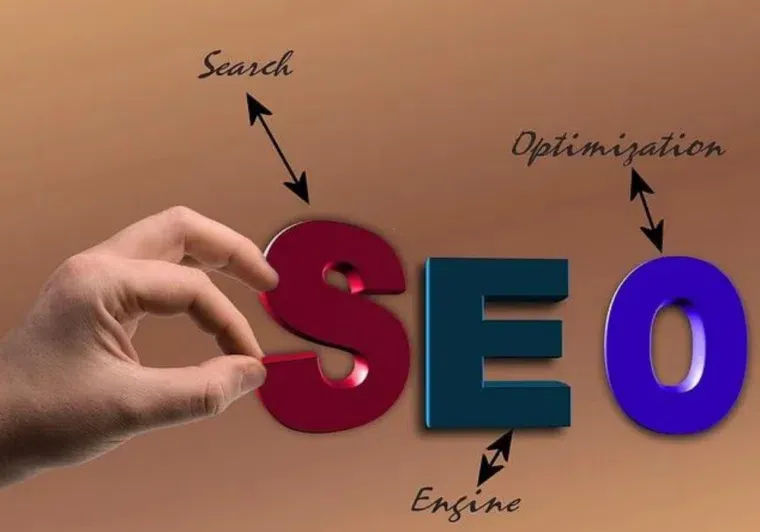
Search engines such as Google examine the keywords, meta tags, titles, and internal links included on a web page to determine whether it is relevant to a user’s search query. Ensuring these indicators help your page get ranked highly by the search engine is the process and purpose of on-page Search Engine Optimization (SEO). In this blog, we’ll explain what on-page SEO is, how it works, and the best SEO tools that you can use to get started.
What is On-Page SEO in Digital Marketing?
 On-page SEO, also referred to as on-site SEO, is the process of improving web page content to raise its search engine ranking. It focuses on making your content easier for Google and readers to understand and digest. The optimization of content, internal links, title tags, and URLs are on-page SEO techniques.
On-page SEO, also referred to as on-site SEO, is the process of improving web page content to raise its search engine ranking. It focuses on making your content easier for Google and readers to understand and digest. The optimization of content, internal links, title tags, and URLs are on-page SEO techniques.
On-page SEO is termed ‘on-page’ because the adjustments and changes you make to optimize your website are visible to visitors while they are on your page. This is in contrast to off-page and technical SEO elements, which aren’t always visible to users.
Importance of On-Page SEO
On-page SEO is important because it provides Google with information about your website and explains how you add value to your site’s visitors and consumers. It assists in optimizing your website for the eyes of humans as well as of the bots used by search engines.
Simply put, it is not enough to simply create and publish your website. To rank well and draw in visitors, you must optimize your website for Google and other search engines.
Popular On-Page SEO Techniques
Now that you understand the importance of on-page SEO, it is time to begin optimizing the content on your website. Let us have a look at some commonly-used on-page SEO techniques:
1. Include the Target Keyword in the First Paragraph
All that is required of you is to make use of your primary keyword once within the first 100-150 words of your content. Terms that appear earlier on your page receive greater consideration from Google’s search algorithm. This is one of those minor details that makes a big difference in Google’s ability to understand the content of your page.
2. Keep the Blog Post Title as an H1 Tag
Google is better able to grasp the content on your websites due to the use of heading tags, especially the H1 tag. It is recommended that only one H1 heading be used on each page for the title. Using an H1 element is recommended by Google since it helps Google understand the structure of the page.
3. Use H2 Tags for Subheadings
Add at least one subheading with your main keyword. Add an H2 tag to that subheading. It makes information simpler for readers to read and digest.
4. Write a Complete Meta Description
An accurate meta description can result in more traffic and clicks. This is because Google uses them frequently for the descriptive snippet that is displayed in the search results. The meta description should be created using no more than 160 characters, and it should include the primary keyword.
Types of On-Page SEO
Here are the three basic categories of on-page SEO:
1. Content
The components of your website’s copy, visual media, and keywords are referred to as the content elements. In this kind of on-page SEO, you should pay attention to the creation of high-quality page content. It should be beneficial to visitors and signal to Google that your website is trustworthy.
2. HTML
The coding used to organize your web page content and structure is called HyperText Markup Language (HTML). It instructs the user’s browser about the content of your web page and how it should be displayed. Importantly, it tells the search engines what the subject matter of your web page is as well as how it should be ranked in their results. The components of HTML are image alt-text, meta description, and title tags.
3. Website Architecture
The components making up your website and site pages are called site architecture elements. The two primary reasons why it is essential to have a well-structured website are:
- Search engines will be able to crawl a website that is logically organized more effectively
- And secondly, it will provide better user experiences for the people that visit the page
The website architecture components are page URLs, internal linking, and site speed.
On-Page SEO Checklist
Let us walk through this 12-point checklist for assessing and enhancing your on-page SEO:
- Crawl your website
- Update URLs, page titles, and meta descriptions
- Make sure the keyword is included in the URL
- Include your keyword throughout your page
- Track keywords and topics for each page
- Don’t keyword stuff
- Add meta descriptions
- Review and edit page content as needed
- Incorporate visual content
- Optimize your visual content
- Add internal links
- Add external links
On-Page SEO Tools
The following are four of the most effective on-page SEO analysis tools to assist you in increasing your organic traffic and performing in-depth on-page SEO research:
1. SEOCrawler
The SEOCrawler tool enables you to perform an analysis of your page in just one click. It displays information regarding the page’s speed as well as duplicate tags, duplicate content, keyword optimization, and broken links.
2. Ahref’s Keyword Explorer
Ahref’s Keyword Explorer tool enables you to find new keywords to target. It also displays all of the backlink data for the pages you are ranking. It even provides you with a single score so that you can quickly compare keywords.
3. Moz On-Page Grader
The SEOCrawler analyzes your page and evaluates it as per its pre-existing checklist of SEO considerations. The output of this tool will be a grade for your page. It not only provides an overall score but also scores it on a more granular level so that you can make adjustments.
4. Copyscape
You must make sure that your writers are producing entirely original content that isn’t plagiarized. You can copy and paste your content into Copyscape’s system, and the system will check to determine if it’s unique by comparing it with their data.
ALSO READ: How to Become an SEO Expert: A Comprehensive Guide
What are the 3 Advanced On-Page SEO Tactics?
If you need to go beyond the fundamentals and begin implementing advanced on-page SEO strategies, here are some tactics to consider:
1. Conduct an SEO Audit of Your Website
You should prioritize giving your website a comprehensive SEO audit as one of the most significant advanced SEO tactics you can implement. You will receive a lot of useful information regarding the performance of your website.
2. Look at Internal Links, Backlinks, Perma Links, and Broken Links
Even though we frequently connect the term SEO with keywords, the quality of your SEO links can also have an impact on where you rank in the Search Engine Results Pages (SERPs). Do a complete audit of your links, paying particular attention to backlinks and permalinks. It is essential to check if all the links on your website are functional and to ensure that the quality of your backlinks is high.
3. Optimize for Page Speed
Google prefers websites with quicker page loads, so start looking into your website’s loading speed. Check out Google’s free PageSpeed Insights tool. Don’t ignore this tactic: Increasing page speed will eventually improve your SEO.
SEO Demands Continuous Learning
To conclude, the goal for companies is to improve the user experience while showcasing their website’s worth to search engines. Fortunately, these two things can go hand-in-hand. And the effort begins with the optimization of web pages. Every aspect of SEO is essential in digital marketing, and professionals in this field need to stay up-to-date with emerging techniques and strategies.
To ensure you are equipped with the right in-demand skills, sign up for digital marketing courses offered by Emeritus and accelerate your career.
Write to us at content@emeritus.org















